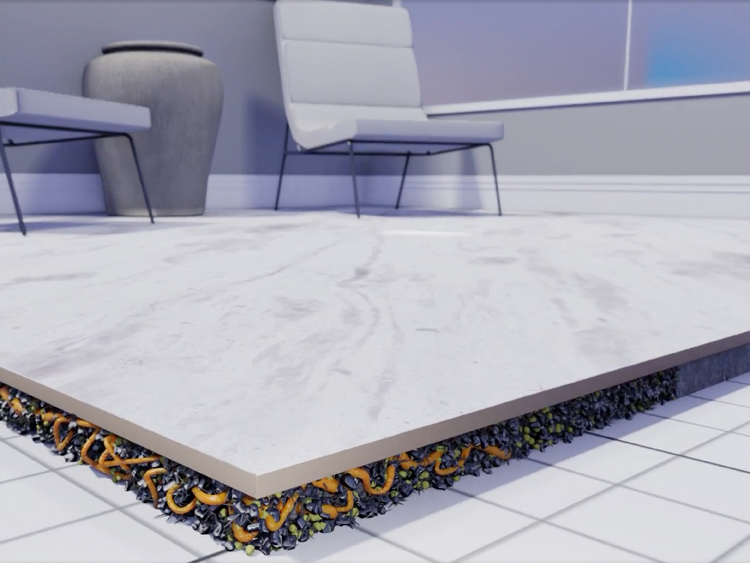Our system has noticed that you are based in United States, but the current country setting is Australia. Do you still want to change your country?
Hydrophobic Impregnation

A comparison of capillary water uptake: the untreated substrate absorbs water (left picture). When hydrophobic impregnation is applied, the water beads off (right picture).
With SILRES® BS, WACKER offers hydrophobic impregnations that siliconize the pores of mineral substrates. Unlike film-forming coatings, organosilicon-based water-repellent agents do not block pores, and so maintain the breathabilityof the substrate. At the same time, water can no longer penetrate into capillaries in liquid form, since, as a polar liquid, it is unable to interact with the non-polar hydrophobic surface.
Benefits:

SILRES® BS has a good penetration depth. Because it is not film-forming, water vapor can escape.
Reduction of capillary water uptake by at least 80%:
- Low capillary water uptake is the most efficient protection against rain and damp
- Hydrophobic impregnation reduces water uptake and retains water vapor permeablity
Extremely long-lasting protection from water due to:
- High penetration depth
- Sufficient resistance to alkalis
- UV stability
- Freeze-thaw resistance

Film-forming systems (coating and impregnation) will not be permeable to water vapor. Water penetrates at damaged areas and causes further deterioration.













